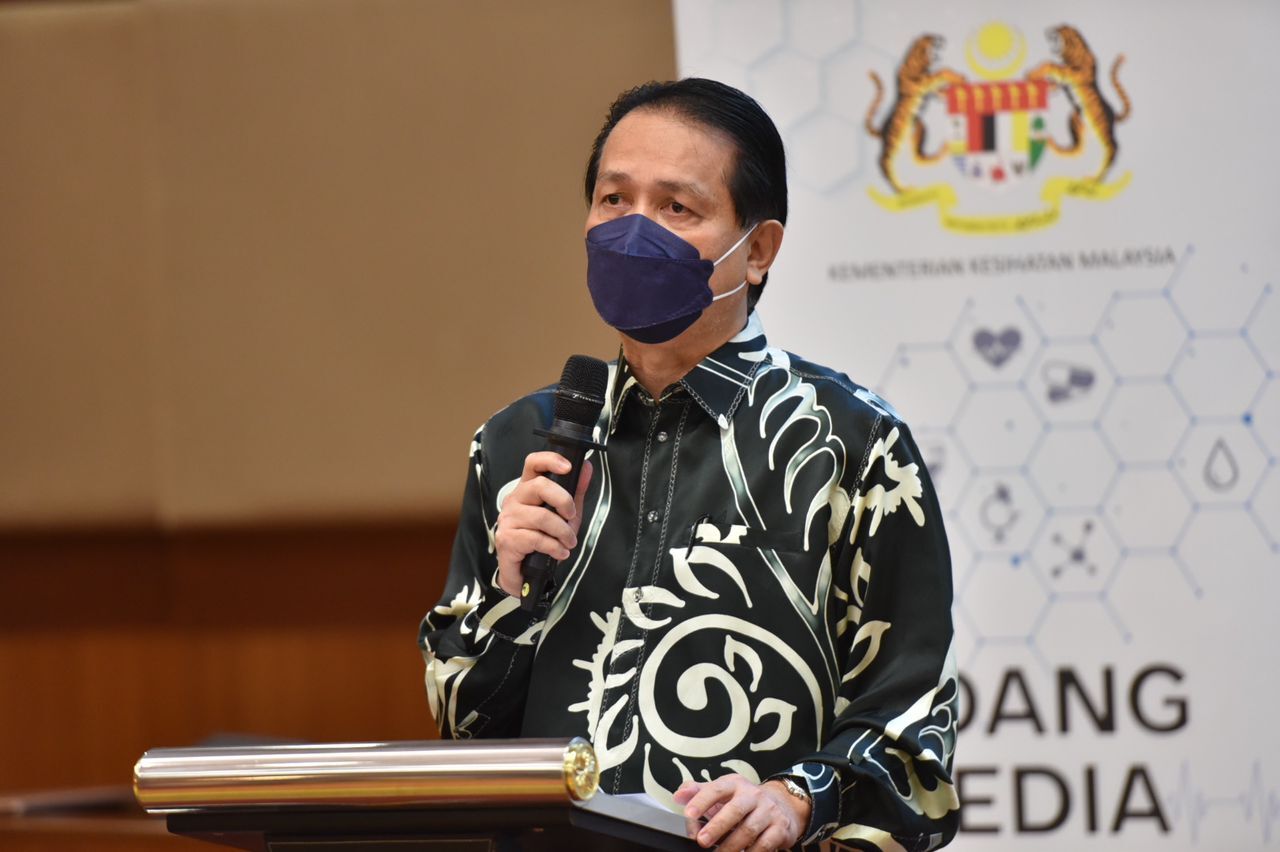KUALA LUMPUR, April 7 – The commercial trade and trafficking of transplant organs is prohibited under Malaysian law, the Ministry of Health (MOH) said today.
Health director-general Dr Noor Hisham Abdullah said organ donations from deceased donors are regulated under the Human Tissues Act 1974.
“Any claim on the existence of activity related to the sale of organs must be taken seriously by all parties,” Dr Noor Hisham said in a statement.
“If there is activity related to human trafficking for the purposes of organ trade, it must be investigated under the Anti-Trafficking in Persons and Anti-Smuggling of Migrants Act 2007.
“If there is any individual or group with any information on such activities, they can come forward to the MOH or to the police to handle this matter.”
Machang MP Wan Ahmad Fayhsal Wan Ahmad Kamal reportedly told a press conference last Tuesday – in demanding for the approval of another round of Employees Provident Fund (EPF) withdrawal – that people “are struggling to the point that some had to sell their kidneys”.
Dr Noor Hisham also said today that Malaysia has signed the Declaration of Istanbul on Organ Trafficking and Transplant Tourism 2008 that condemns and aims to halt “transplant commercialism” (policies or practices which treat organs as objects of commerce), “organ trafficking” (practices surrounding commerce in organs), and “transplant tourism” (travel to a foreign country for transplantation which involves transplant commercialism and organ trafficking).
According to the Declaration, countries should prohibit and criminalise the trafficking in human organs and trafficking in persons for the purpose of organ removal. Organ donation should be a financially neutral act.
“Organs for transplantation should be equitably allocated within countries or jurisdictions, in conformity with objective, non-discriminatory, externally justified and transparent rules, guided by clinical criteria and ethical norms,” states the Declaration.
Dr Noor Hisham said MOH has also formed a transplant committee to regulate organ donations from potential living donors who are not related by blood to the recipient or are non-citizens.
“This committee will carefully evaluate all aspects, including history of medical problems, mental health, and socio-economic factors for all applications of transplant surgery to ensure that the potential donor has a good support system, and that the potential donor’s wellbeing in general will not be compromised after the surgery,” the Health DG said.
“The formation of a good regulatory service framework is very important to protect the rights of potential donors and to ensure that organ donation does not involve any coercion or elements of commercialisation.
“Consistent with national and international obligations, the MOH does not support any individual or organisation involved in illicit and unethical activities of organ procurement. In this matter, the MOH will provide full cooperation to the authorities if needed.”
Dr Noor Hisham also urged Malaysians to pledge organ donation and to inform such wishes to their family. Any questions about organ donation and transplantation can be directed to the National Transplant Resource Centre at 1800-88-9080 or by email to [email protected].
Malaysia’s rate of organ donation is extremely low, even as the country is projected to see a whopping 106,000 patients with end-stage renal disease (ESRD), or kidney failure, by 2040.
According to a 2020 report by the Malaysian Dialysis and Transplant Registry (MDTR), the prevalence of ESRD patients in Malaysia has continued rising over the years, with 43,804 on dialysis by December 31, 2018. Of these, 27,078 patients were eligible and awaiting a kidney transplant.
“In Malaysia, the number of patients with ESRD continues to grow and the number of deceased-donor organs is extremely low. It is impossible to manage more than 20,000 patients on the waiting list for an average of 30 to 40 kidneys per year,” said MDTR in its report.
This means that less than 0.15 to 0.2 per cent of kidney failure patients awaiting transplantation receive organs from deceased donors, or fewer than two per 1,000 people.








